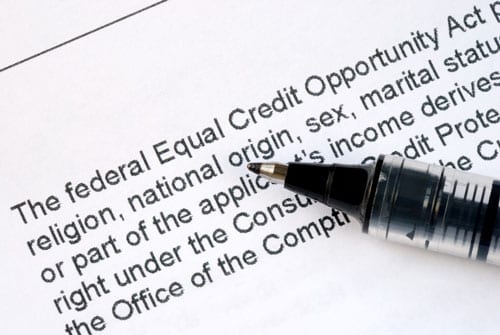States want to break straight straight down on payday lenders.
The demise this week of the Louisiana bill that will have reined in payday lending shows just how difficult it really is for states to modify the fast loan industry, which customer teams criticize being a trap when it comes to working bad.
Supporters state payday loan providers, which emerged within the 1990s, supply a service that is valuable low income borrowers once they require a small amount of income to tide them over from 1 paycheck to another. But experts state payday lenders lock hopeless individuals into perform loan cycles with yearly rates of interest that may approach 600 %. a predicted 12 million borrowers utilize payday advances every year.
State laws and regulations regulating lending that is payday greatly. Arizona, Arkansas, Georgia, vermont additionally the District of Columbia prohibit payday financing. Eight states—Connecticut, Maryland, Massachusetts, nj-new jersey, nyc, Pennsylvania, Vermont and western Virginia—either would  not have certain payday lending statutory provisions or require payday lenders to comply with their basic loan rate of interest caps, based on the nationwide Conference of State Legislatures. Thirty-eight states, including Louisiana, have actually guidelines that particularly enable payday financing. Four of these states, Colorado, Montana, Ohio and brand brand New Hampshire, let the loans however with tight restrictions on rates of interest.
not have certain payday lending statutory provisions or require payday lenders to comply with their basic loan rate of interest caps, based on the nationwide Conference of State Legislatures. Thirty-eight states, including Louisiana, have actually guidelines that particularly enable payday financing. Four of these states, Colorado, Montana, Ohio and brand brand New Hampshire, let the loans however with tight restrictions on rates of interest.
Pay day loans normal $375, have actually a term of approximately fourteen days, and carry a fee that is average of $55 per pay duration. The typical debtor keeps that loan out for five months and spends $520 on finance fees to over and over repeatedly borrow exactly the same $375, in accordance with a study paper through the Pew Charitable Trusts (which funds Stateline).
Yearly interest levels for payday advances are priced between 129 per cent in Colorado, that has a number of the payday loan interest restrictions that are tightest in the nation, to 582 per cent in Idaho, with no restrictions, Pew reported a year ago. Payday industry representatives state those rates are deceptive, because the loans are made to be repaid quickly.
The Pew report unearthed that 69 % of people that took out of the loans utilized the funds to pay for a recurring cost, like resources, while just 16 percent employed the pay day loan to cope with an urgent bill such as for example a motor vehicle fix or crisis medical expense.
Pushback in Louisiana
Here’s exactly how payday advances typically work: a debtor removes a little loan, agreeing to pay for just what appears like a fair rate of interest and a small cost. To cover back once again the mortgage, the debtor writes a check, postdated to their next payday. The financial institution deposits that check fourteen days later on, if there isn’t money that is enough the account to pay for the mortgage while the interest, the financial institution supplies the debtor another loan—for another cost and much more interest. The mixture interest results in triple-digit yearly rates of interest. More over, the debtor could possibly be in the hook for the check fee that is bounced.
Rates of interest in Louisiana, at the average annual percentage rate of 435 %, are one of the greatest in the united states. About 57,000 Louisiana households—23 percent of households within the state—take out a cash advance in|loan that is payday} a provided 12 months, in accordance with the Louisiana Budget venture, which monitors local government investing and exactly how it impacts low- to moderate-income families. The team additionally reported there are more lenders that are payday hawaii (936) than you can find McDonald’s restaurants (230).
“Together Louisiana,” an coalition that is unusual of leaders and customer teams, banded together to get limitations on payday financing within the state. The proposal that is original authored by Democratic state Sen. Ben Nevers, could have capped rate at 36 % annually. Whenever it became clear there was clearly maybe maybe not support that is enough that idea, Nevers rather proposed restricting clients to no more than 10 loans in a year.
“We don’t see this while the perfect solution but the absolute many egregious payday users not become caught in a period of financial obligation,” said David Gray, policy analyst in the Louisiana Budget venture. “This new bill is much more such as for instance a industry objective whereas the 36 % might have been a touchdown.”
But even the goal that is“field proved way too much for state senators, whom rejected various techniques through the debate over the Nevers bill. Opponents argued that all the limitations proposed by Nevers—from a pursuit limit to an yearly loan limitation into the creation of a information registry of borrowers—would fatally harm the industry.

